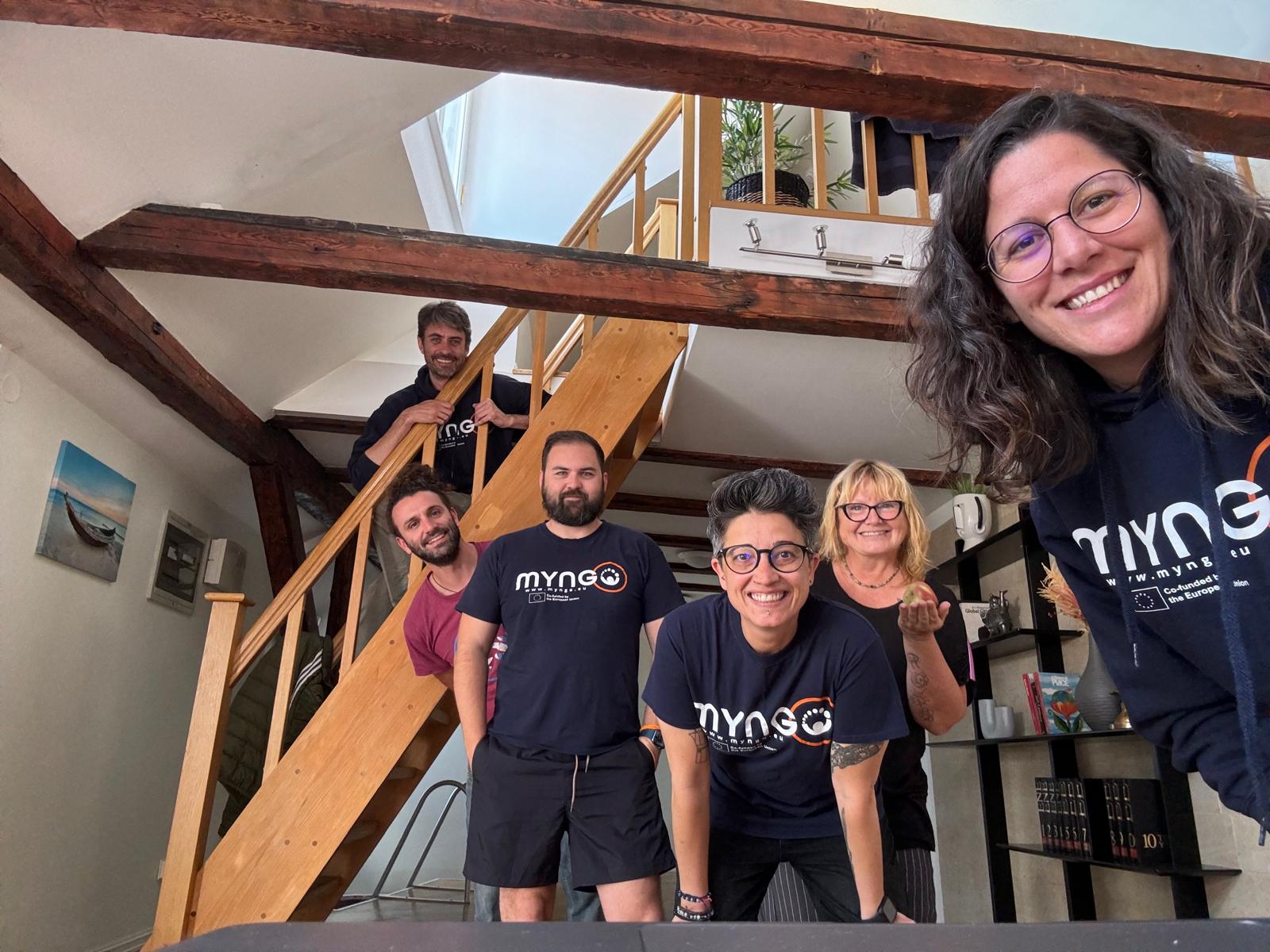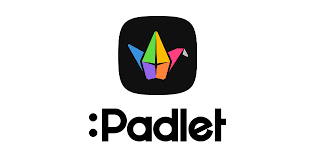Non-formal education methods can be effectively delivered in an online environment.
In fact, many non-formal education programs have already transitioned to online delivery due to the COVID-19 pandemic, and there are numerous platforms and tools available to facilitate this.
Non-formal education methods such as experiential learning, project-based learning, and peer-to-peer learning can be adapted to an online environment through the use of interactive online tools, such as virtual simulations, video conferencing, online discussion forums, and gamified learning platforms.
Online courses and webinars can provide learners with self-directed learning opportunities, and virtual study groups can facilitate collaboration and peer-to-peer learning.
Furthermore, online environments can provide increased accessibility and flexibility for  learners, as they can participate in educational activities from anywhere with an internet connection and at their own pace. This can be especially beneficial for individuals who may face barriers to accessing in-person non-formal education opportunities, such as those who live in rural areas or have mobility issues.
learners, as they can participate in educational activities from anywhere with an internet connection and at their own pace. This can be especially beneficial for individuals who may face barriers to accessing in-person non-formal education opportunities, such as those who live in rural areas or have mobility issues.
Overall, while adapting non-formal education methods to an online environment may require some creativity and planning, it is certainly possible to deliver effective and engaging non-formal education experiences online.
There are several approaches that can be used to ensure that learners engage with educational content in a meaningful way. Here are some examples of non-formal education methods that can be adapted to an online context:
- Experiential learning: This approach emphasizes learning through experience and encourages learners to reflect on their experiences in order to develop new skills and knowledge. In an online environment, experiential learning can be facilitated through virtual simulations, role-playing exercises, and other interactive learning activities.
- Project-based learning: This approach involves learners working on a project or series of projects, which allows them to apply what they have learned to real-world situations. In an online environment, project-based learning can be facilitated through online collaboration tools, such as virtual whiteboards and project management software.
- Peer-to-peer learning: This approach emphasizes learning through collaboration and peer feedback. In an online environment, peer-to-peer learning can be facilitated through online discussion forums, group projects, and virtual study groups.
- Game-based learning: This approach uses game-like elements to engage learners and encourage them to apply what they have learned. In an online environment, game-based learning can be facilitated through gamified learning platforms, which use elements such as badges, points, and leaderboards to motivate learners.
- Self-directed learning: This approach allows learners to take control of their own learning by pursuing topics of interest to them and setting their own learning goals. In an online environment, self-directed learning can be facilitated through online courses, webinars, and other self-paced learning resources.
Overall, there are many non-formal education methods that can be adapted to an online environment, and the key is to use interactive and engaging tools that promote active learning and allow learners to interact with educational content in a meaningful way.






